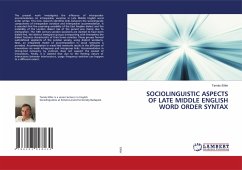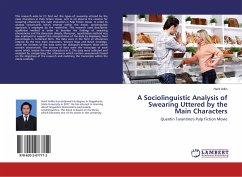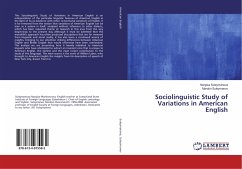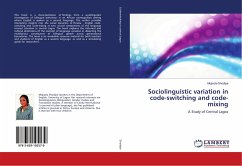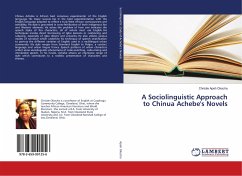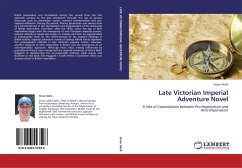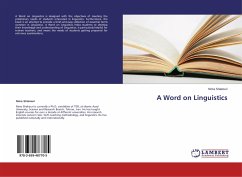The present work investigates the influence of interspeaker accommodation on intraspeaker variation in Late Middle English word order syntax. This new research identifies links between the sociolinguistic components of intraspeaker variation and interspeaker accommodation. It is asserted that the surprising variability of the East Anglian dialect and the instability of the London dialect mix of the period was mainly due to immigration. The 14th century London sociolects are claimed to have been dialect-fed, the distinct immigrant groups transporting with themselves the dialect features characteristic of their home varieties. These groups formed well-defined segments of the London society, using distinct sociolects. Next, an integrated model of accommodation in social networks is provided. Accommodation in weak-tied networks results in the diffusion of innovations via weak intragroup and intergroup links. Accommodation in strong-tied networks, by contrast, does not support the spread of innovations. Finally, it is claimed that due to the fleeting nature of interactions between interlocutors, usage frequency switches can happen to a different extent.

